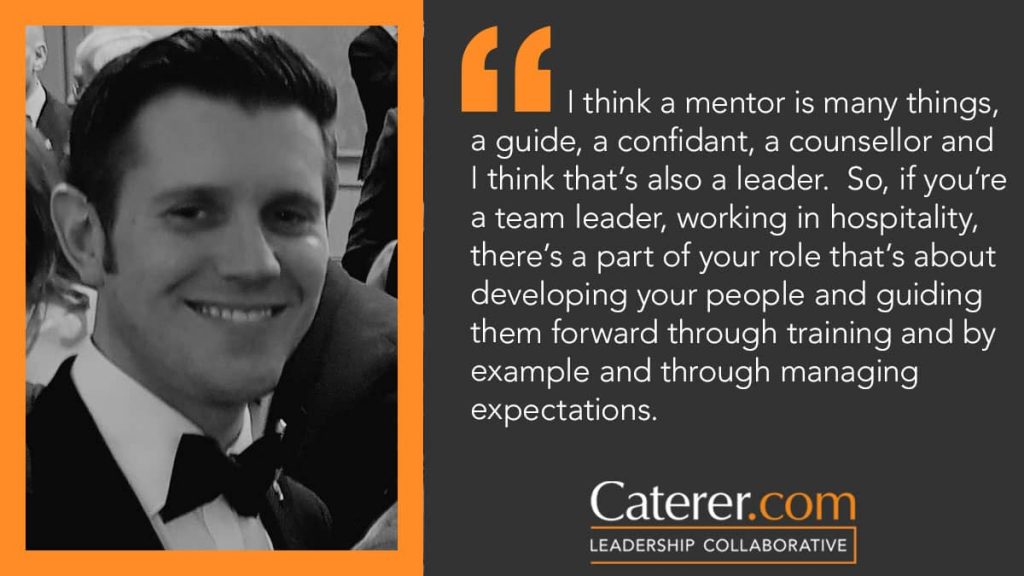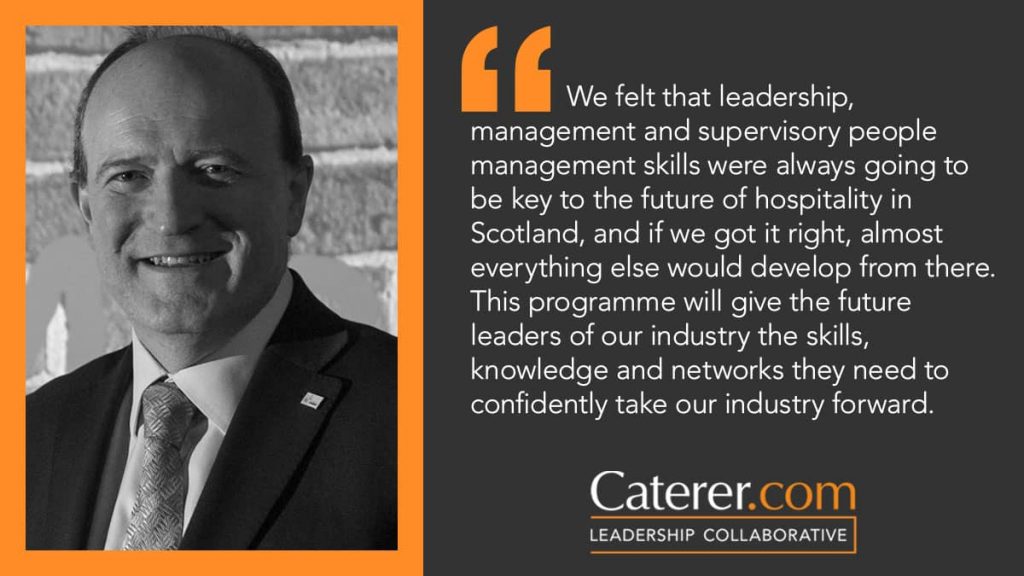How to develop an effective onboarding process
Onboarding plays a fundamental role for any company as it allows employees to acclimatise to their role, the company’s cultures, and what the company has to offer.

We influence staff to be committed to the company’s success and emphasize retention by making recent recruits feel like a member of the team.
The initial onboarding stages
Onboarding usually consists of stages that cover three main areas:
- An introduction to the business
- The people they will be working with
- The role they are expected to undertake
From the business aspect, during induction set aside time to detail the core functions and values of your company. The onboarding experience is essential as it demonstrates the company’s efforts towards employees, which in turn creates engaged staff with a strong connection to the business.
Help your new members to be comfortably introduced to their colleagues, management team and any other stakeholders they will be interacting with. Specifically, you can discuss how the new hire can contribute to the company’s ambitions as well as highlighting employer expectations and the communication involved with that.
The role itself should be outlined clearly with a coherent set of responsibilities to follow. New recruits should be made aware of the deliverables and deadlines that are expected of them, and what support and resources would be available should they struggle to achieve this.
Best practices for onboarding
Having an accessible handbook containing all the necessary documentation your employee will need prior to their start date, will elevate the level of productivity from your new hire within the team. The form of documentation should have information on their contract of employment, company benefits, company policies and procedures, plus essential contact information for departments within your business.
In relation to company software and tools, decide where your recruit will be based, and if necessary, supply a desk and any necessary tech and software. If you are providing accessories like a laptop, ensure they are comfortable with the formats they would be using and that all the logins are available together with any other IT information they will need to make them feel more at ease.
Appreciating and recognizing your new hire immediately is significant. Create time in yours and your new employee’s diary to meet so they can get to know their colleagues and you a bit better in the first week. It’s important not to overload them with meetings or tasks straight away as you want them to feel content in their new working environment. It may also be helpful to include arranged meetings, to give your new starter some context on who’s who within your business.
Keep the communication simple flowing before the start date and give an idea of what to expect. Let your new hire know where and when they should arrive on their first day and any necessities, they would need to bring with them into the office. Share with them the brief plans you made for their first week and emphasize your excitement that they are a member of the team.
Actions to take when onboarding new employees
Get them started straight away, plan the task or activity you’d like your hospitality hire to tackle in week one. It will aid the process of them getting settled in, as well as giving them a focus to help their integration. Create a clear outline of how you would like them to approach the task and then step back and let them use the skills to achieve the desired outcomes and expectations.
It may be a good idea to inform them what’s in the pipeline for the next few weeks or months. Share information about any forthcoming larger scale projects and how your new starter will fit into achieving them. It’s important they know that they won’t be immediately thrown in the deep end, but it’s an effective method for starting innovative research, planning and creative thinking to ease them into certain projects.
Some hospitality roles don’t have a specified probation period but if your role does then the first week is the time to discuss how reviews are scheduled including a conversation of what’s going well and what could be improved, the format they will take and how these will support your new employee to be successful in their role.
Take the opportunity to discuss and address how your new starter is feeling with the role and the tasks at hand. Gather any feedback to help future onboarding and try to reassure them that any feedback will be seen positively and drive that progression aspect for your business.
You may also like

You’ve advertised your vacancy, got a shortlist and are ready to interview. Is there a magic formula and how can you prepare yourself and your team to get the very best from each interview?

You’re a leader in hospitality, but are you also a mentor? What’s the difference? And how can you boost your skills to offer guidance, support and direction to your teams by becoming both?
We caught up with Robert Richardson, GM at The Cave Hotel & Resort and Vice-Chair of the Institute of Hospitality, and Rachael Stevens, Guest Services Manager at South Lodge and Chair of the Sussex branch of the Institute of Hospitality to discuss what they see as the value of both leadership and mentoring.

Something exciting is happening to hospitality in Scotland and the rest of the world is watching. 2000 participants are taking part in a challenging 10-week virtual academy, developing their supervisory, managerial and leadership skills.